Black mental health matters
Mental Health Awareness is important year-round, and given that it is Black History Month, I wanted to honor this unique month by using our blog to discuss and learn more about the disparities and challenges facing Black communities when it comes to accessing services related to mental health needs. I sat down with one of our DBT therapists, Elnora Johnson-Penn, to share her experience and knowledge with me.
Cailey: What are some of the barriers that get in the way of African American individuals seeking therapy?
Elnora: “One of the biggest factors that gets in the way of African Americans feeling safe finding a provider is the fear of judgment from family. What I often see and hear is the sentiment “I don’t need to tell a stranger my business”. There is a cultural belief that people need to “lace up your boot straps to pull yourself through” whatever the trauma or challenge is that they are facing. Seeking therapy is viewed as a weakness in a sense, and individuals don’t want to be perceived as not being able to deal with what is happening. There are so many stigmas around reaching out and this is the norm for a lot of families. These beliefs keep people stuck in unhealthy cycles that increase isolation and distress. As therapists, it is important for us to try to help change some of the messages around this idea through compassionate, unbiased care and increased access to services.”
Elnora shared: “The other thing is that there is a common perception that you can’t have a religious faith and be in therapy. The idea is ‘I go to church, I have all these things I do, so I don’t need to go see anybody’. People need to understand you can have whatever your belief system is and go to therapy to take care of yourself. If Black people can see it as a form of self-care, thereby reducing that stigma, then it will increase the idea that there is room for all those things. It is possible to have your belief system and go to therapy at the same time.”
There are multiple factors that present barriers, but one of the most significant we discussed is in the pool of mental health providers. Elnora shared: “For many African Americans, they find it difficult to find Black providers. They often don’t feel comfortable with there being so many Caucasian providers. There is a fear that they will not understand or be judged. Because of things like systemic racism, microaggressions, etcetera there is a missed opportunity for another provider to work with them. The same way you would go to the doctor regardless of their identity, we need to increase people’s comfort with giving therapy a try with a provider that may not ‘look like them’. Finding a therapist is about finding the right fit. There are fewer Black therapists, and some potential clients view that as a challenge. One of my goals is to try and close the gaps seen in the African American community within the lifespan of my career.”
This post is just the beginning of a larger conversation regarding a disparity that our field needs to address.
Here are some resources for seeking help:
Therapy for Black Girls website Dr. Joy Hardin Bradford - podcast resources linked, directory on her website.
